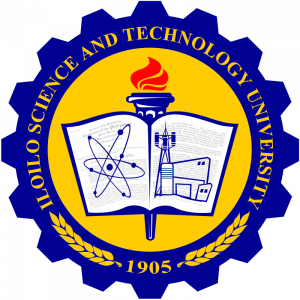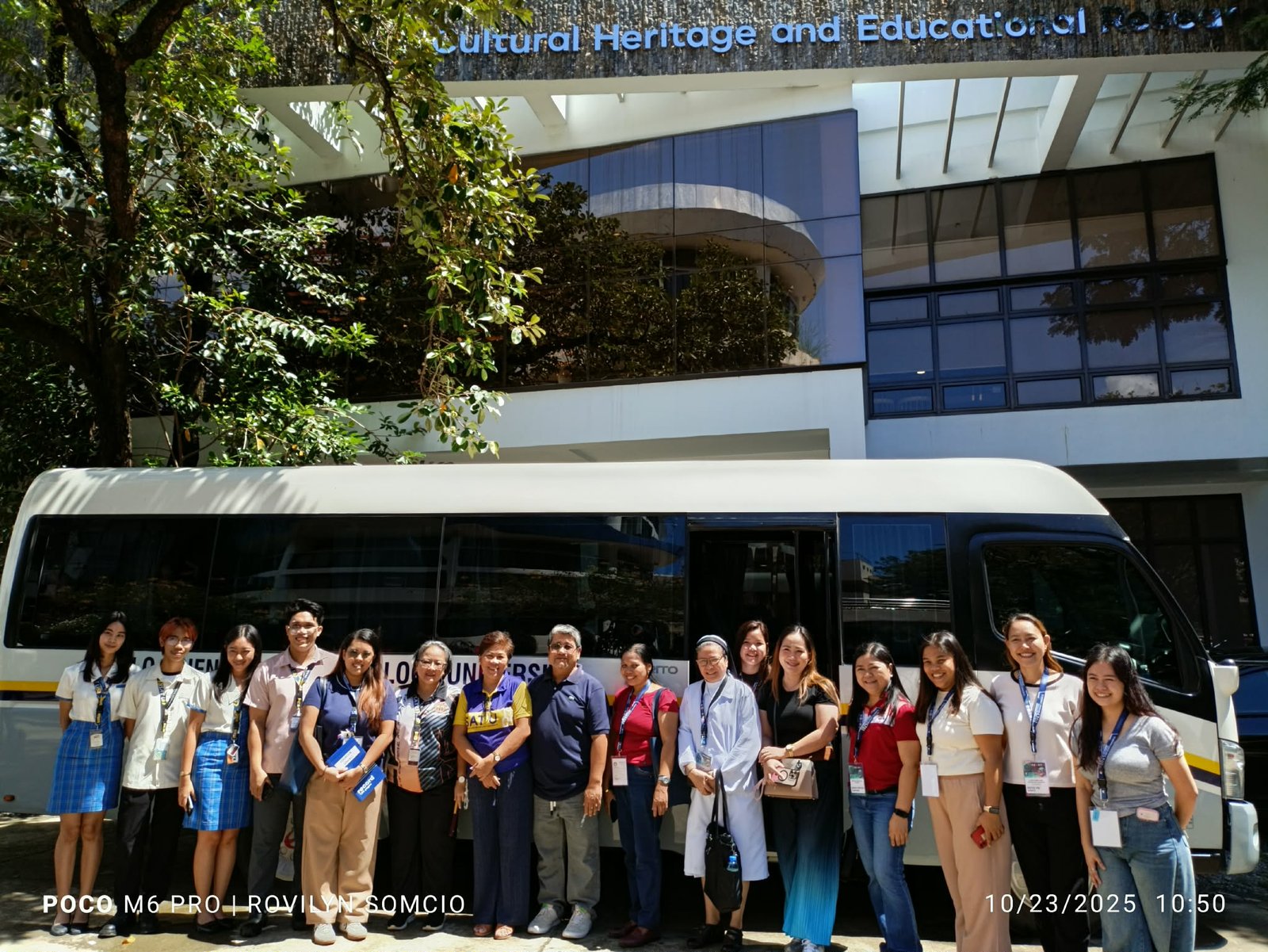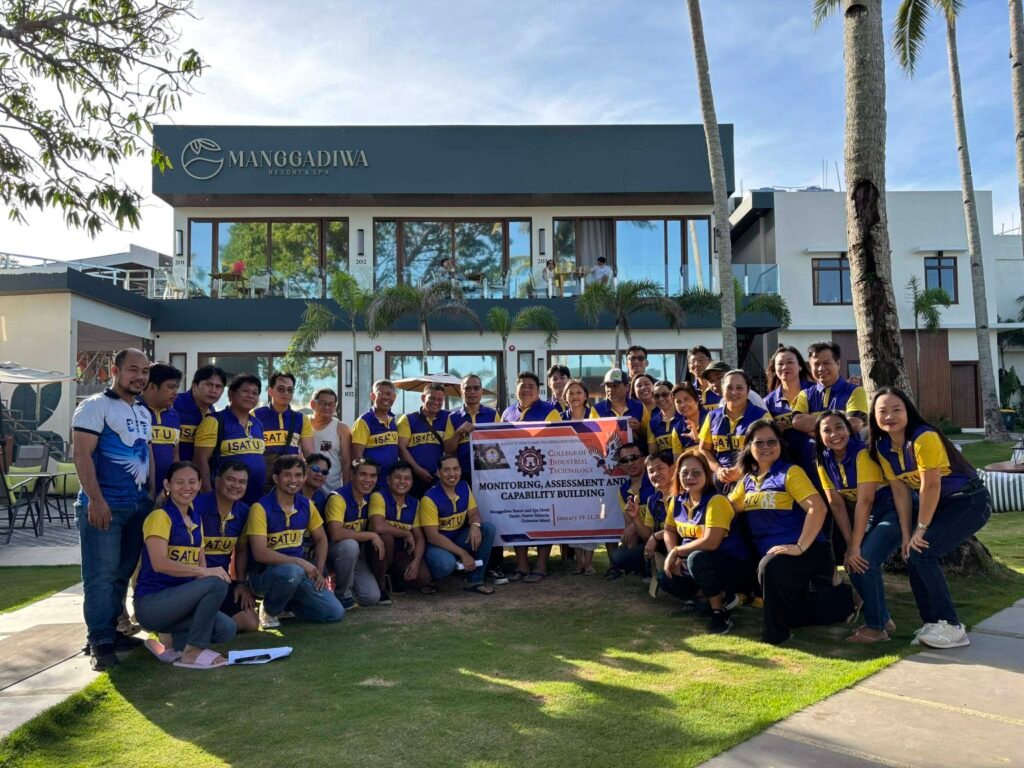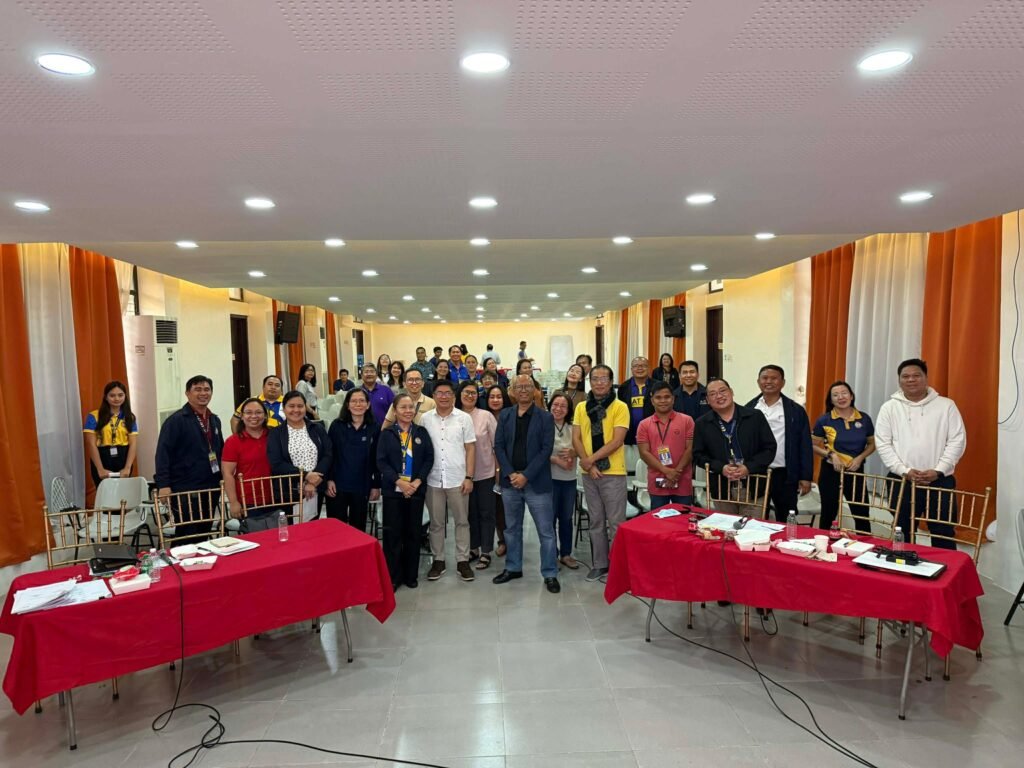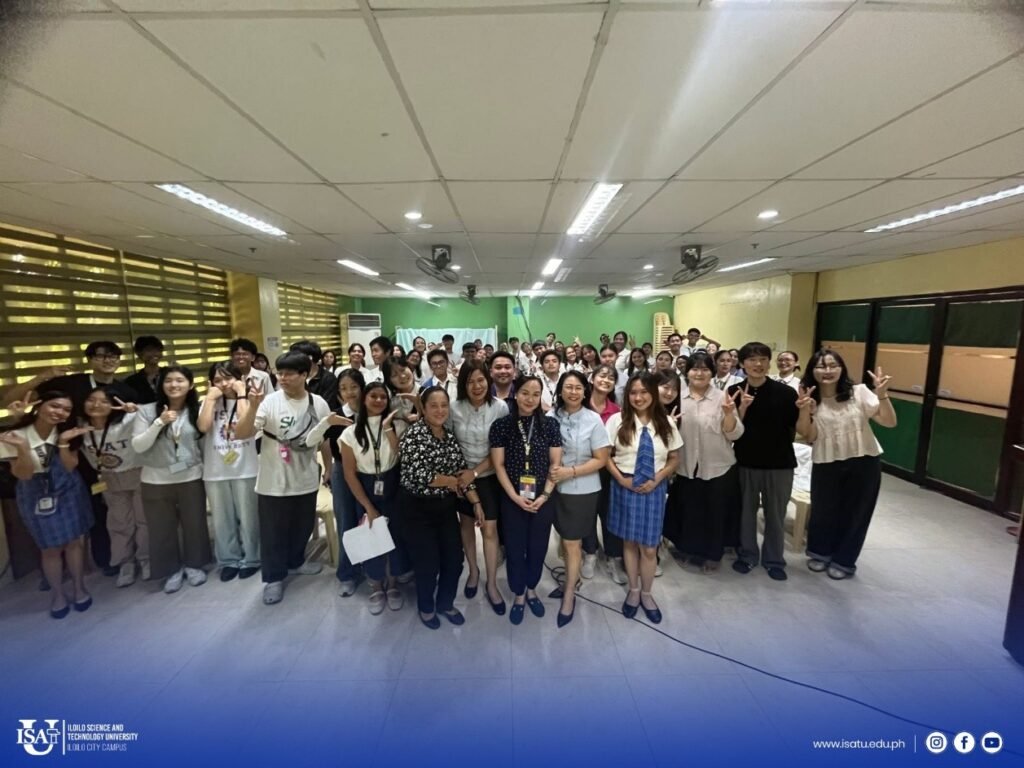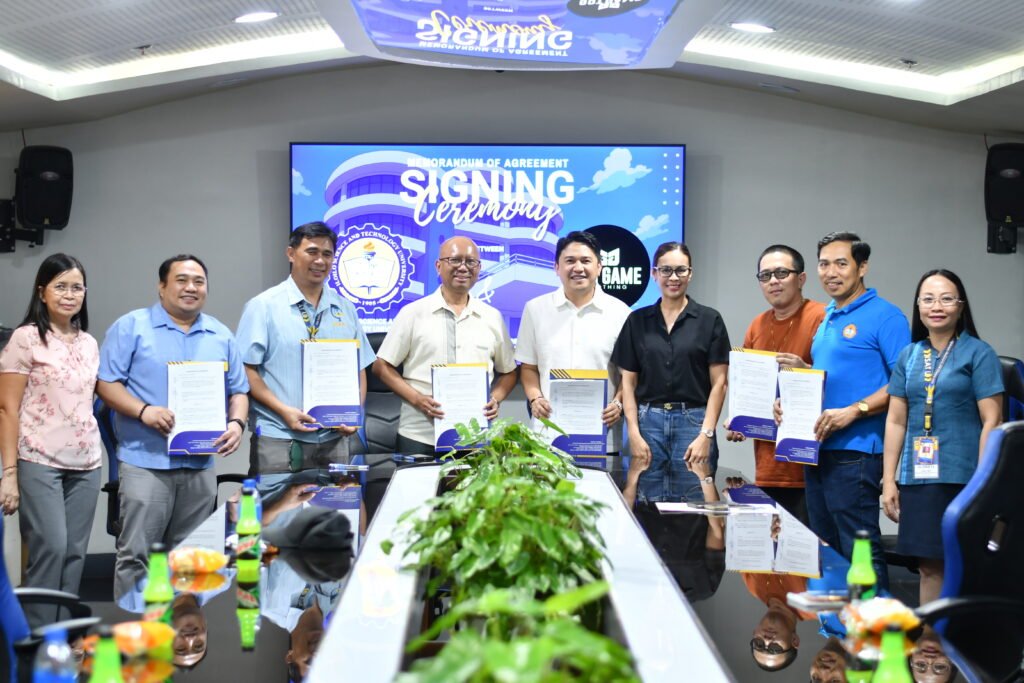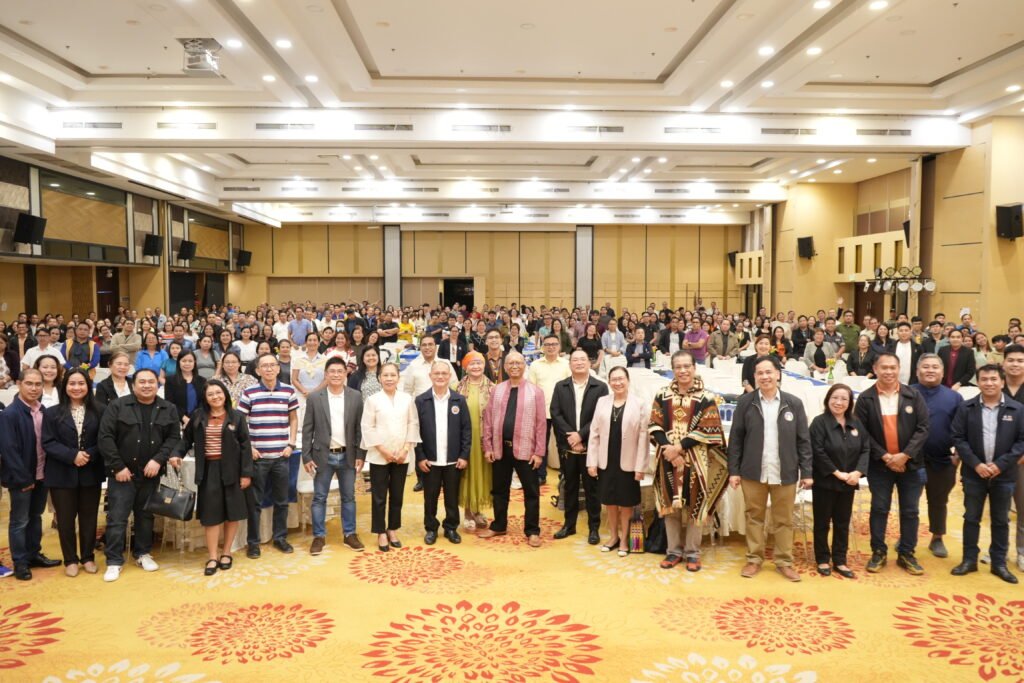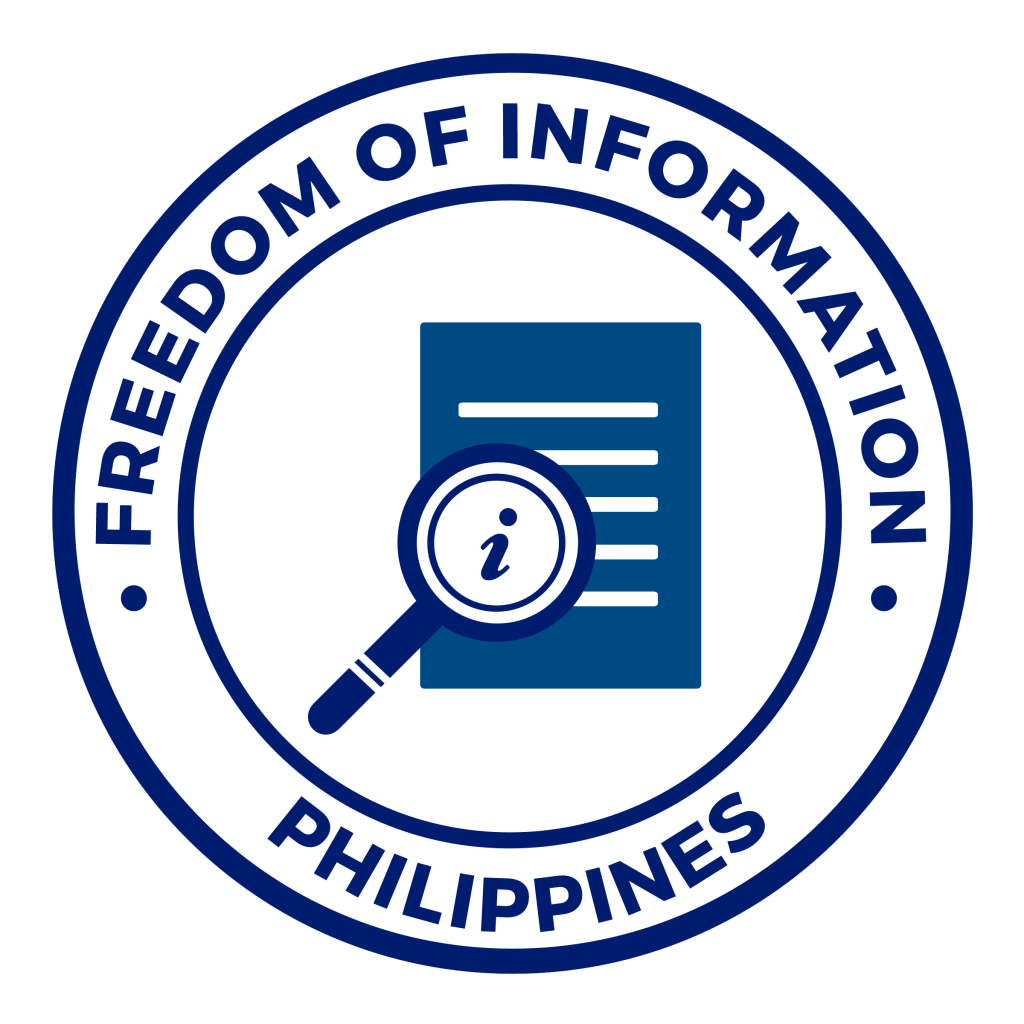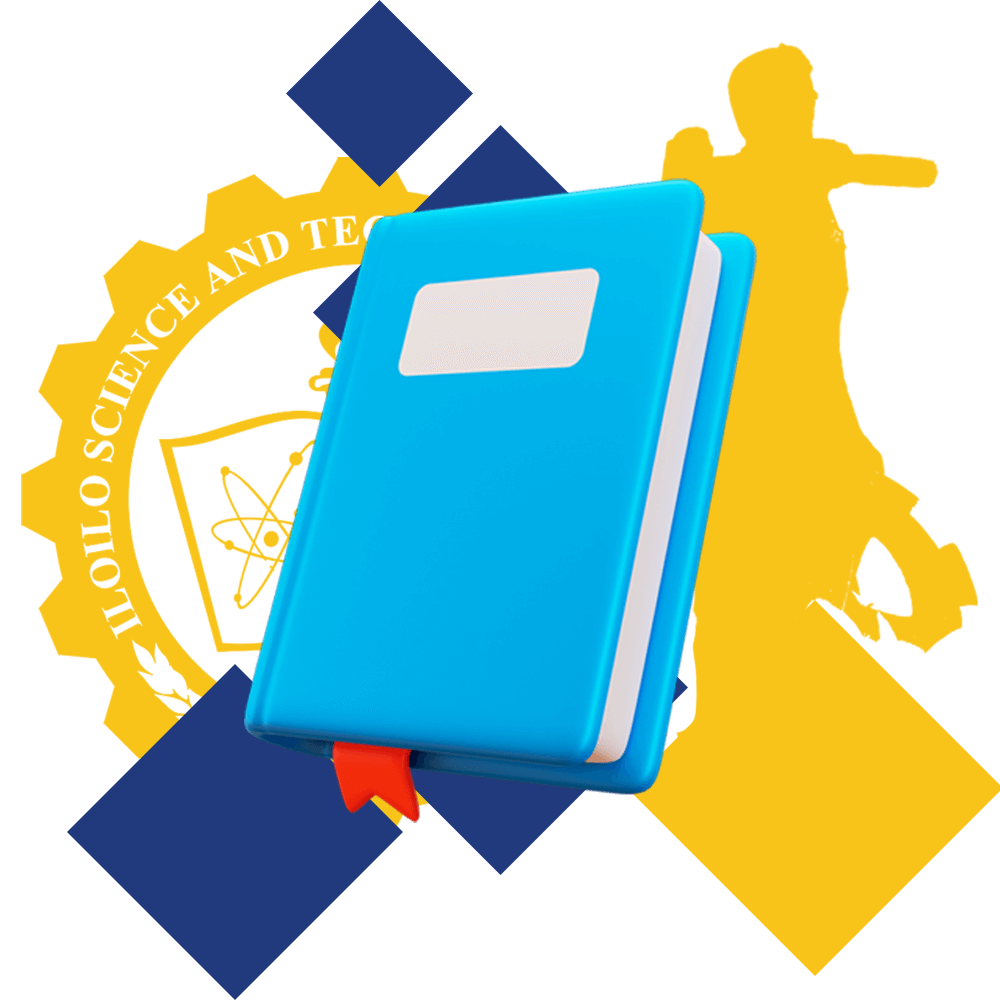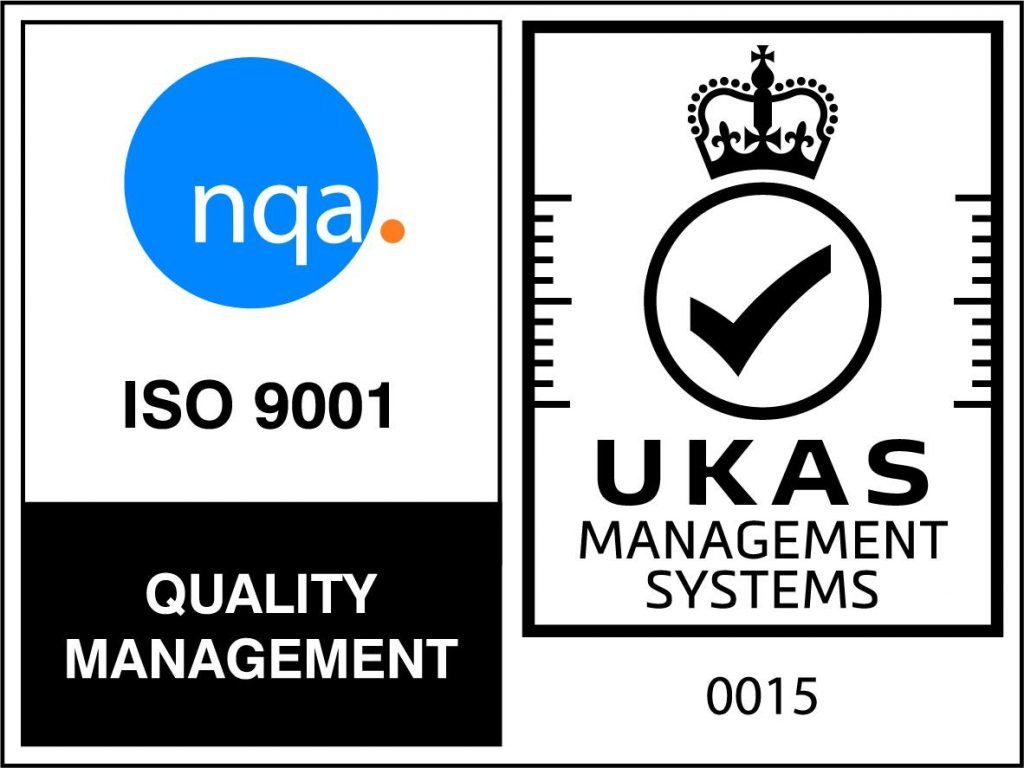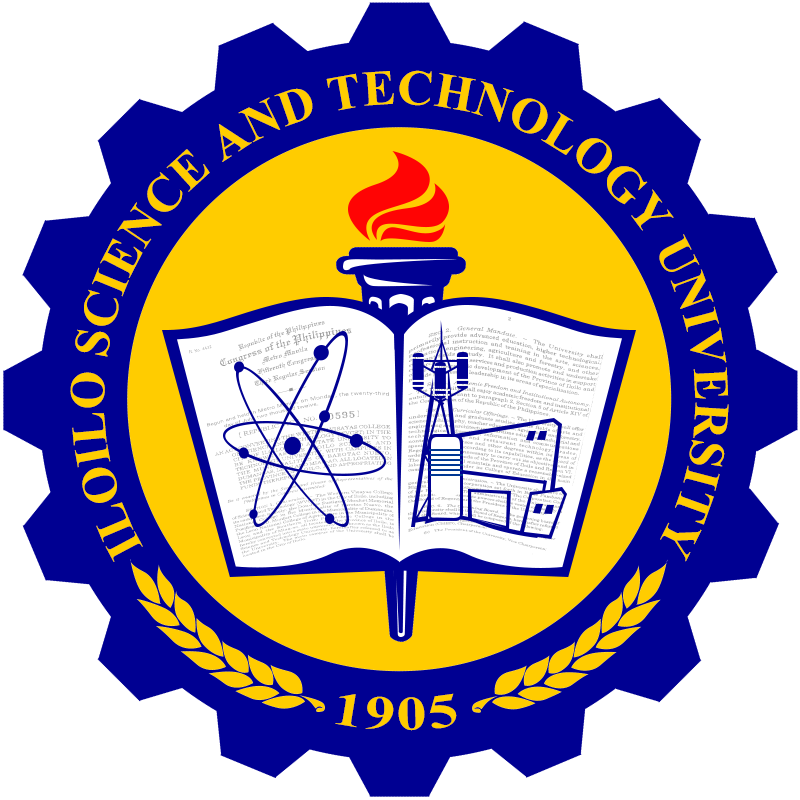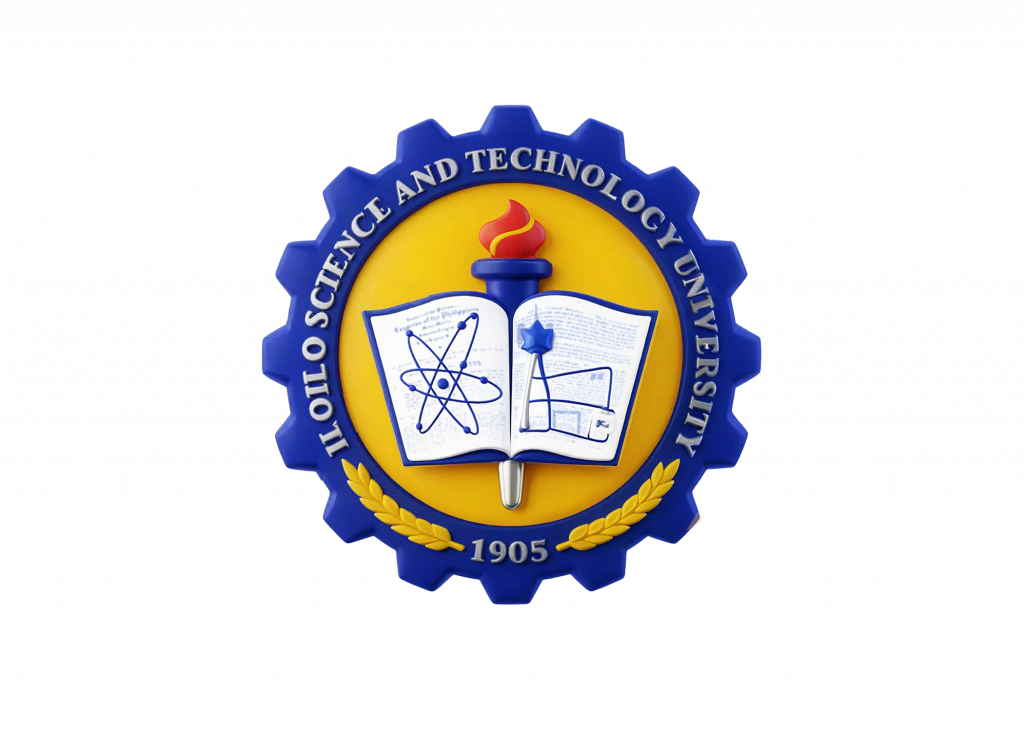The 9th National Archives Congress brought together a dynamic assembly of archivists, librarians, records managers, museologists, information professionals, and cultural heritage custodians from across the Philippines. This even was held from October 20 to 23, 2025, at the Grand Xing Imperial Hotel in Iloilo City, Anchored on the theme “Capacity Building on Digital Archiving and Preservation for Archives and Cultural Institutions,” the congress served as a vital platform for strengthening professional competencies in the digital age.
The event’s core objective was to empower participants with advanced skills in digital preservation, metadata management, ethical custodianship, and equitable access to archival resources. Through a rich program of plenary sessions, hands-on workshops, and poster presentations, attendees explored cutting-edge strategies in digitization, file format sustainability, copyright navigation, and emerging trends in archival technology.
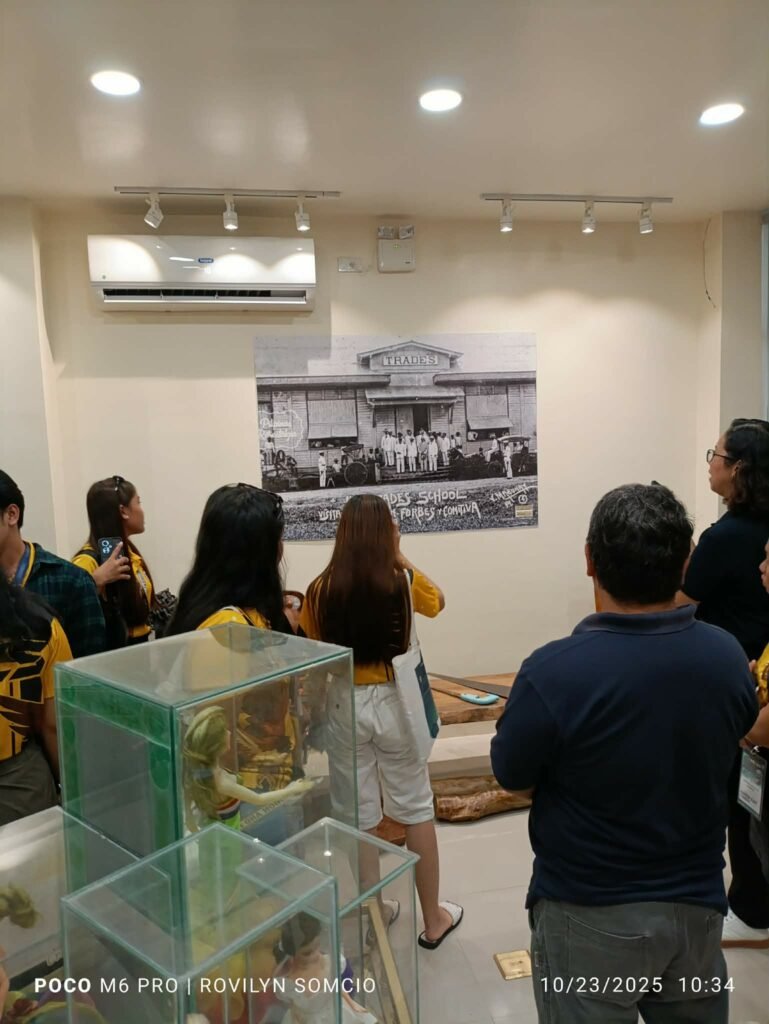
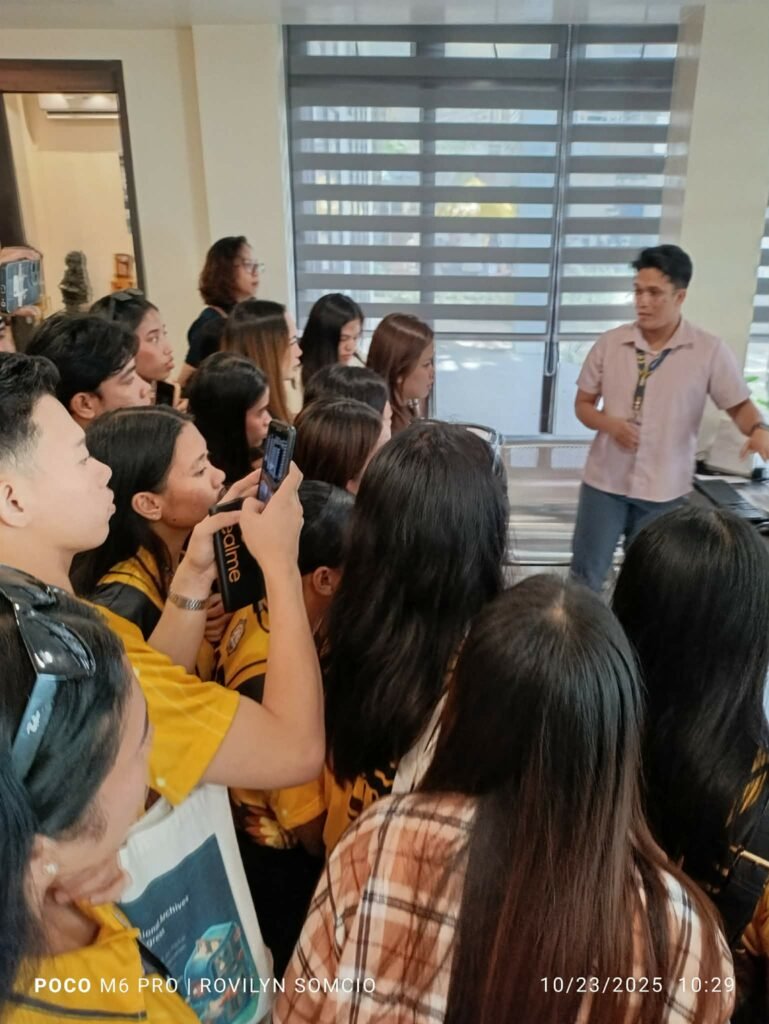
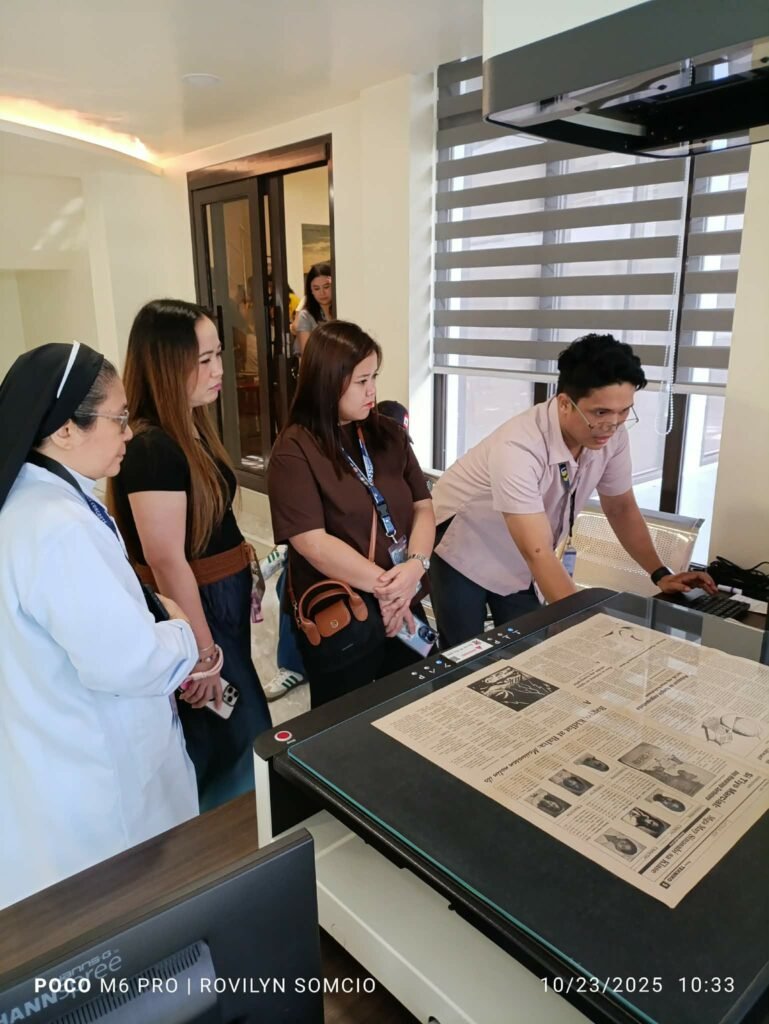
Representing Iloilo Science and Technology University (ISAT U) were Dr. Rovilyn D. Somcio, University Librarian, Mr. Eric de la Vega, CHERC Director, Architect Ma. Regina P. Falconite, Architect John Zeus Rosalin and librarians Mr. Mario Sunday Adison, Ms. Jamela Mantiquilla, Sherryl Buňo and Mary Josette Jundio.
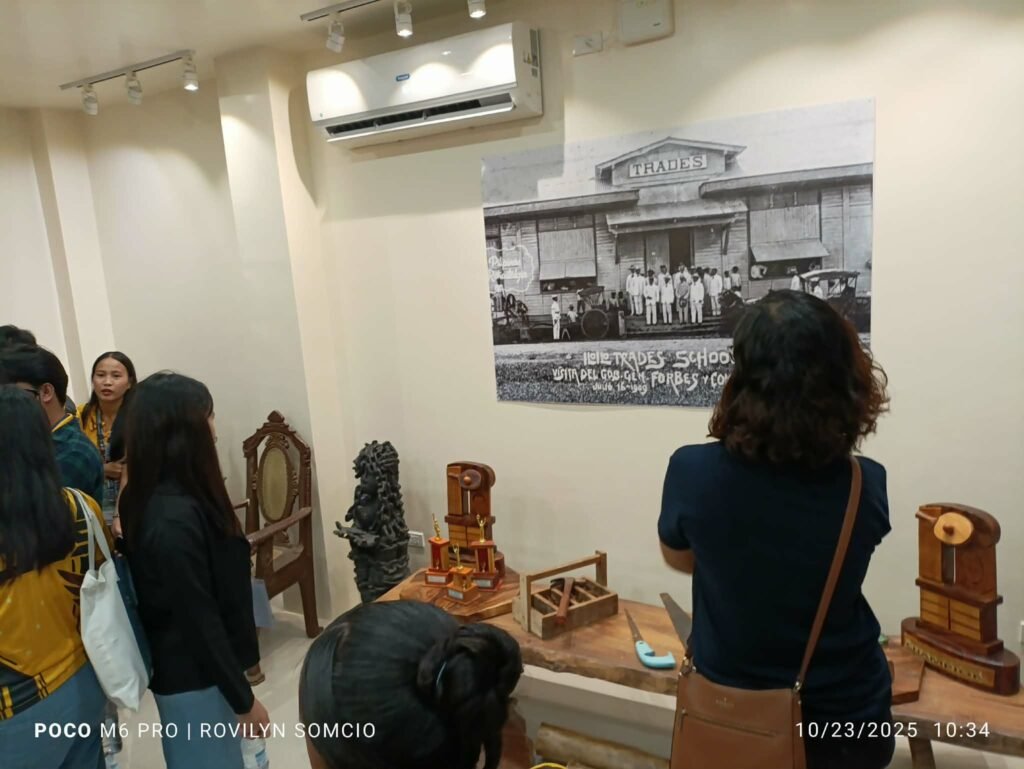
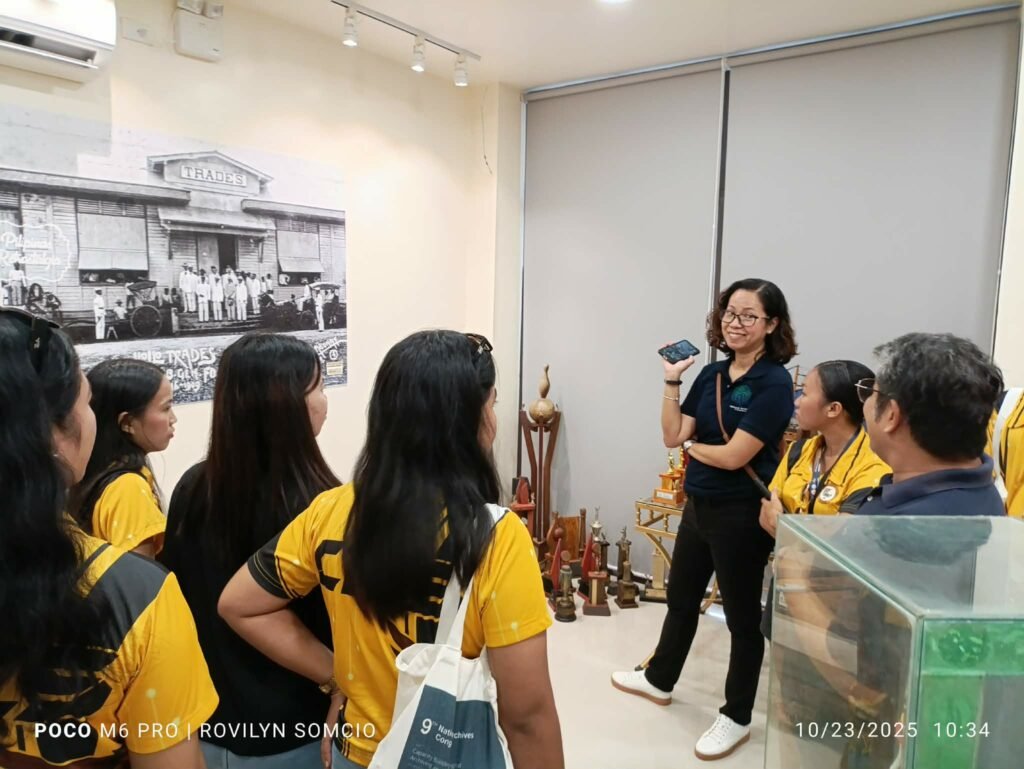
As part of the congress itinerary, participants visited the ISAT U Center for Heritage and Resource Center (CHERC), one of the featured institutions. At CHERC, Architect John Zeus Rosalin showcased the center’s digitization initiative, providing a live demonstration of the document scanning process using their specialized equipment. The visit also included a tour of the Memorabilia Museum, where guests had the opportunity to engage in hands-on reading of the digitized Makinaugalingon newspaper—offering a tangible connection to Iloilo’s rich historical and cultural legacy.
Beyond technical knowledge, the congress underscored the profound role of archives as guardians of truth, culture, and collective memory especially amid rapid technological transformation. It championed inter-institutional collaboration, highlighting the contributions of key partners such as the National Commission for Culture and the Arts (NCCA), West Visayas State University (WVSU), the Philippine Librarians Association, Inc. – Western Visayas Regional Librarians Council (PLAI–WVRLC), and the Society of Filipino Archivists (SFA).
Messages from government leaders, educators, and archival experts resonated with a shared conviction: digital preservation is not merely a technical endeavor but a moral. It demands a commitment to safeguarding the authenticity, accessibility, and long-term sustainability of the nation’s historical and cultural records—ensuring that future generations inherit a well-preserved legacy of identity and truth.
